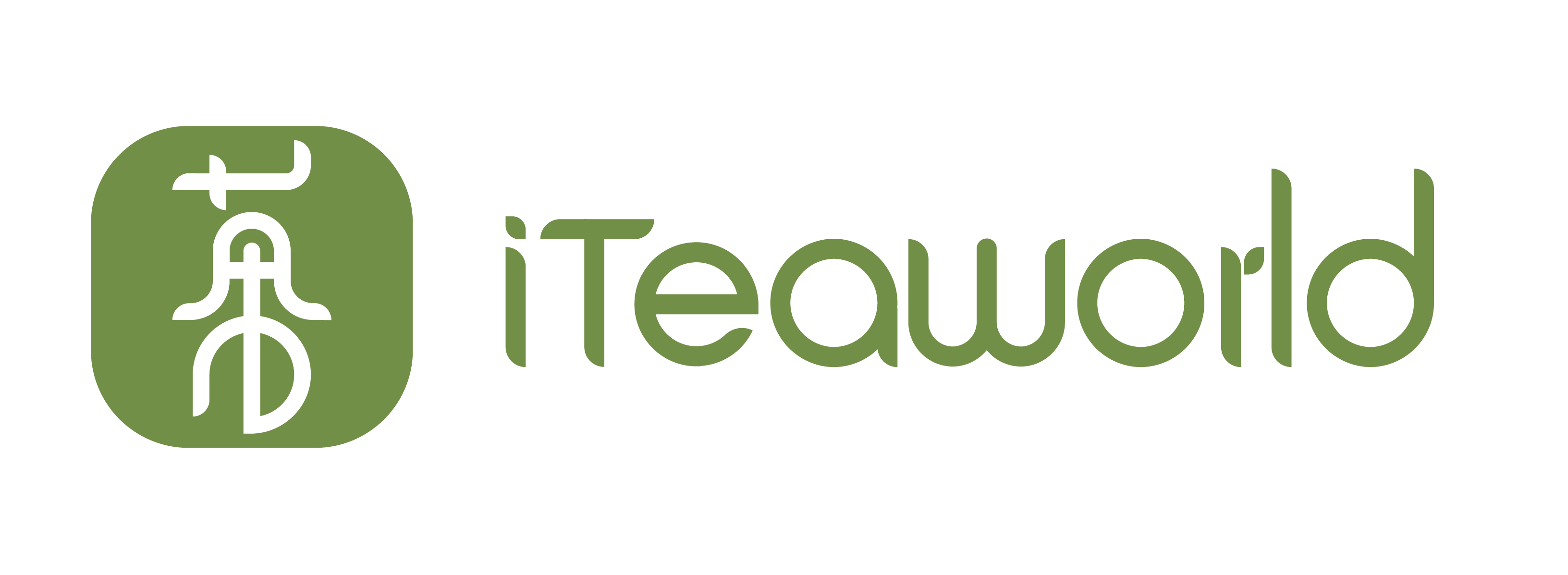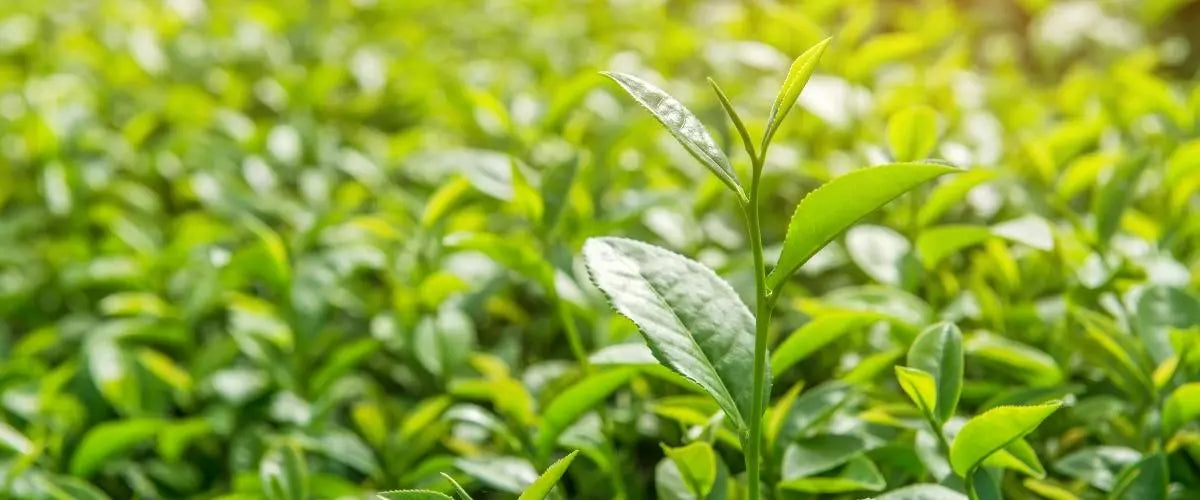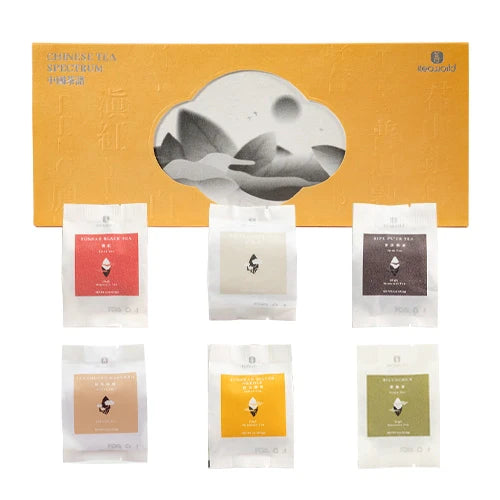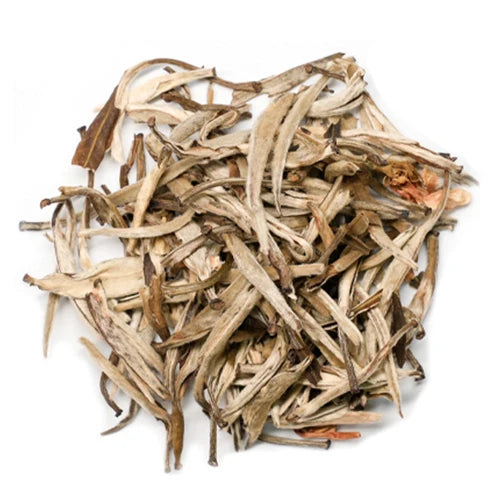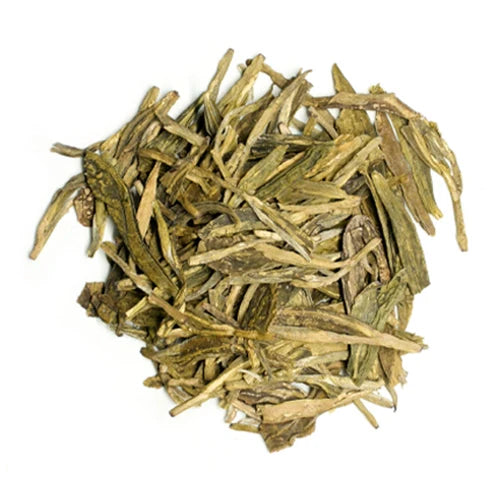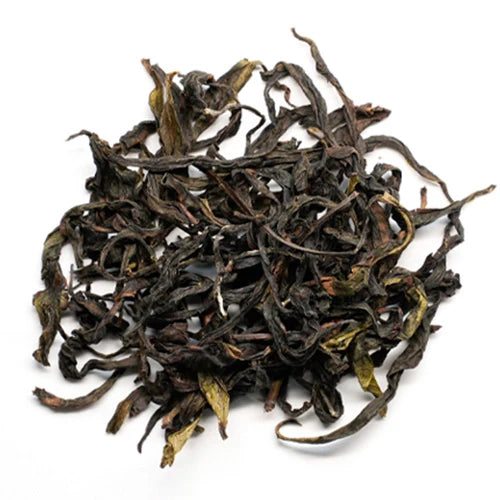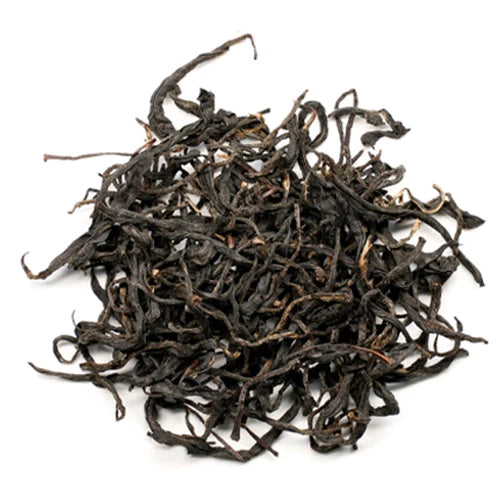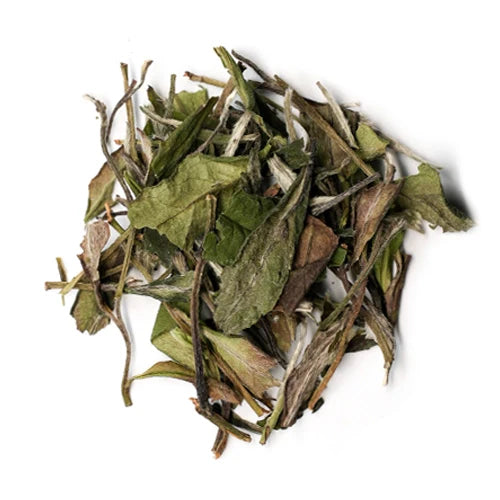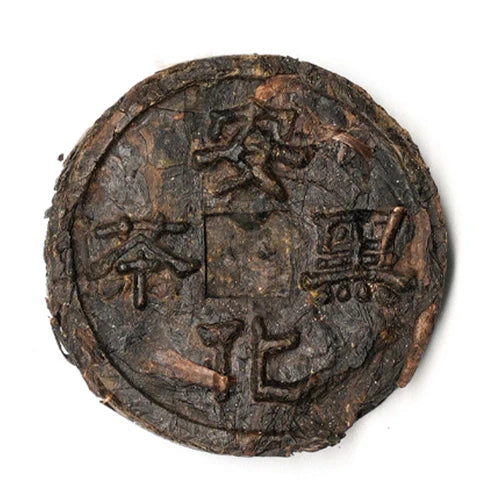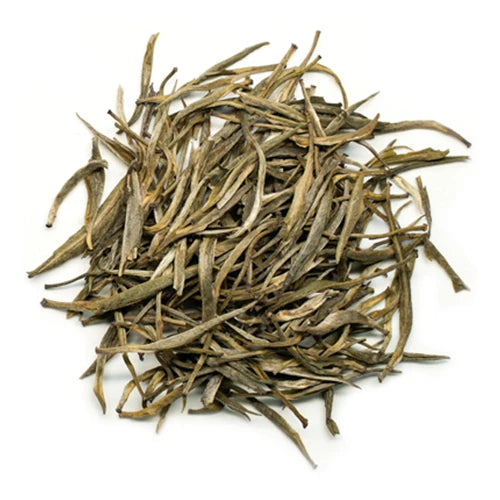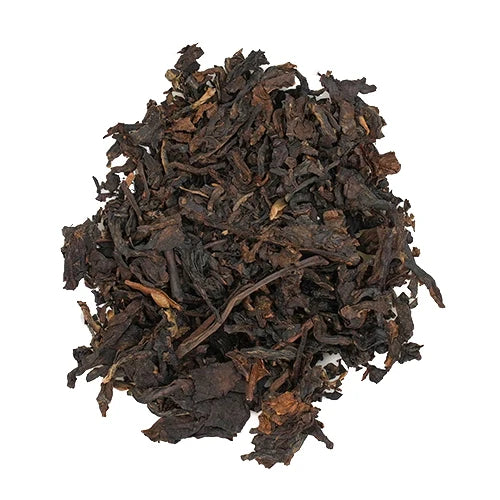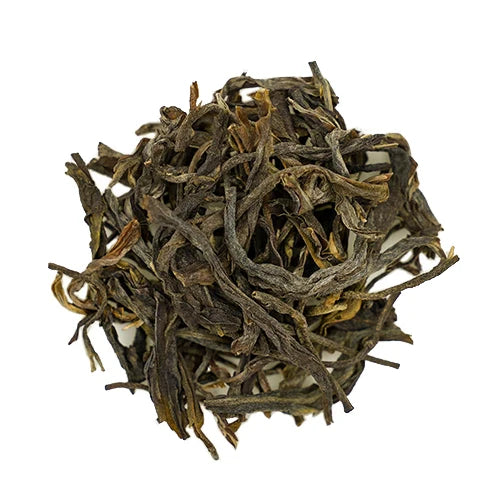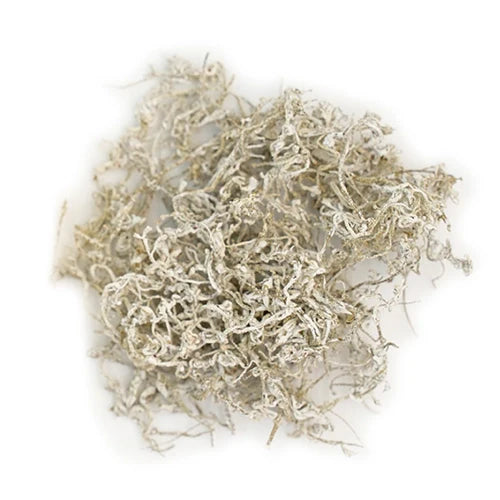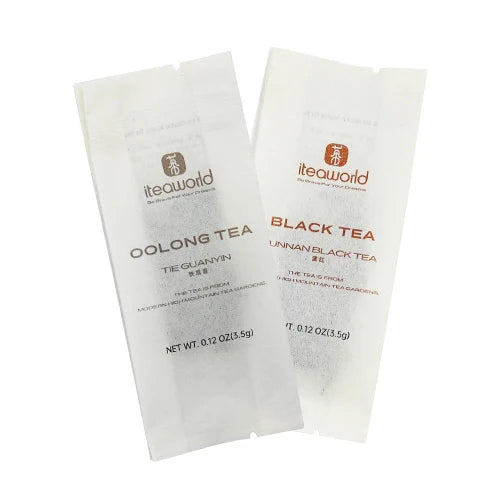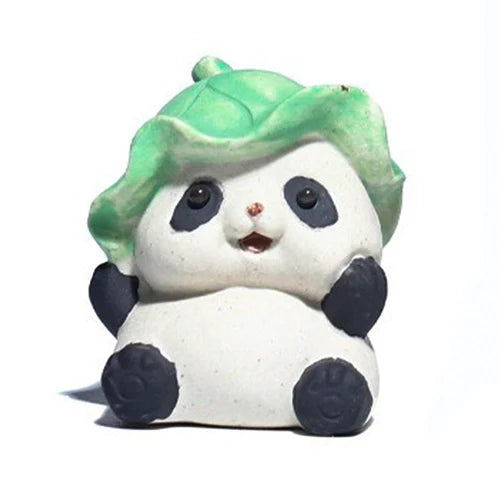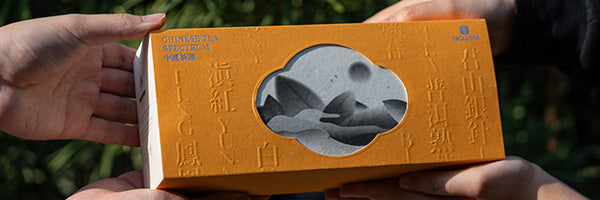Состояние нашей оральной и кишечной микробиоты тесно связано с нашим здоровьем. Дисбаланс оральной микробиоты может привести к появлению патогенных бактерий во рту, в то время как кишечная микробиота, которая населяет наш желудочно-кишечный тракт, оказывает глубокое влияние на различные аспекты здоровья человека, от поддержания нормального метаболизма питательных веществ и иммунной функции до потенциального запуска таких заболеваний, как рак и диабет.
О микробиоте полости рта и кишечника

1.Что такое микробиота полости рта?
Наш рот является домом для сотен различных микроорганизмов, которые в совокупности образуют значительную микробную экосистему в нашей полости рта. Оральная среда очень сложна, с различными структурными участками, где могут находиться бактерии, включая зубы, язык, твердое небо и мягкое небо. Оральная среда благоприятствует росту микробов из-за ее относительной теплоты и богатых питательными веществами условий.
Наиболее распространенные бактерии, обнаруженные в полости рта, принадлежат к таким типам, как Firmicutes, Bacteroidetes и Actinobacteria. В отличие от толстой кишки, экосистема микробиоты полости рта относительно стабильна и менее подвержена резким изменениям. Микробиота полости рта представляет собой сложную микробную экосистему, которая способствует стабильности среды полости рта.
2.Что такое кишечная микробиота?
Кишечная микробиота также является сложной микробной экосистемой, состоящей из бактерий, вирусов, грибков и архей, которые работают в гармонии с человеческим организмом, обеспечивая ряд преимуществ для здоровья. Эти преимущества включают укрепление кишечного барьера, поддержку иммунной системы, обеспечение энергией и защиту от патогенных микроорганизмов, которые потенциально могут сделать нас больными.
Когда наша кишечная среда находится в оптимальном состоянии, кишечные бактерии и люди вступают во взаимовыгодные отношения. Если в кишечной микробиоте возникает дисбаланс, патогенные бактерии могут доминировать в нашем кишечнике, или разнообразие кишечной микробиоты может уменьшиться. В конечном итоге это означает, что наш кишечник не может работать в синергии с нами. Эти микроорганизмы могут выделять нездоровые метаболиты и токсины или вызывать воспаление, все это может повлиять на наше здоровье.
Почему чай улун может помочь регулировать микробиоту полости рта и кишечника?

Исследование, опубликованное в журнале «Nutrients», оценило микробиоту полости рта трех здоровых взрослых, которые употребляли 1 литр (33 унции) листового чая улун ежедневно в течение восьми недель. Исследователи собрали образцы микробиоты их слюны до вмешательства, во время периода лечения и в конце исследования, а также провели секвенирование и анализ. Данные показали, что «потребление чая улун снизило бактериальное разнообразие слюны и обилие определенных бактерий, связанных с заболеваниями полости рта, таких как Streptococcus, Neisseria, Porphyromonas gingivalis, Rothia mucilaginosa и Veillonella atypica». Результаты показывают, что длительное употребление чая улун может изменить микробиоту слюны и оказать защитное действие на здоровье полости рта.
Кроме того, многочисленные исследования также оценили влияние чая улун на регулирование кишечной микробиоты человека в лабораторных и животных моделях. Исследование, опубликованное в журнале «Food Research International», предположило, что соединения, обычно встречающиеся в чае улун, включая галлат эпигаллокатехина (EGCG), галлат эпикатехина (ECG) и т. д., могут модулировать рост кишечных бактерий. Они могут подавлять рост вредных бактерий, одновременно способствуя размножению полезных бактерий. Это исследование оценило влияние чая на кишечную микробиоту на основе известных свойств против ожирения. Результаты этого исследования на животных моделях показали, что потребление чая значительно увеличивает разнообразие и структуру кишечной микробиоты, что может иметь последствия для метаболизма жиров. Исследователи также продемонстрировали, что полифенолы, извлеченные из зеленого чая , чая улун и черного чая, могут регулировать кишечную микробиоту, что приводит к выработке большего количества короткоцепочечных жирных кислот, которые приносят пользу здоровой кишечной микробиоте.
Чтобы добиться постоянных преимуществ регулирования микробиоты полости рта и кишечника посредством потребления чая улун, важно не только включить чай улун в свой ежедневный распорядок дня, но и выбрать высококачественный чай улун. Листовой чай, как правило, обеспечивает лучшее качество по сравнению с пакетированным чаем. Чтобы купить лучший листовой чай , я рекомендую попробовать пробник чая и сравнить разные варианты.
Рекомендации по выбору чая улун
1.ТиеГуаньинь
TieGuanyin — один из лучших сортов в категории улун. Это не только название чая, но и название сорта чайного дерева. Название «TieGuanyin» переводится как «Железная богиня милосердия» из-за его тяжелых и плотно скрученных листьев, и он обладает как красотой, так и глубиной. Чайные листья скручены в плотно скрученные формы, выглядят пухлыми и хорошо связанными. После заваривания TieGuanyin предлагает насыщенный, сладкий и свежий вкус с душистым ароматом. Он оставляет длительное послевкусие и сладкое послевкусие с оттенками меда, заслужив репутацию «семи заварок с остаточным ароматом».
2. Фэнхуан Даньцун
Fenghuang Dancong относится к улунскому чаю, произведенному из отдельных превосходных чайных кустов или сортов, выращенных из сорта Fenghuang Shuixian в районе горы Феникс в Чаочжоу, в особых природных условиях. Эти чаи обрабатываются с использованием уникальных методов и делятся на более чем 80 различных сортов, включая такие с ароматами, как Rougui, Huangzhi и Milan.
iTeaworld предлагает Oolong Tea Sampler , который включает TieGuanyin и Fenghuang Dancong. Кроме того, этот Oolong Tea Selection включает еще два классических китайских чая улун, которые стоит попробовать.
В этой статье мы получили знания о микробиоте полости рта и кишечника и узнали, почему чай улун может помочь регулировать их. В повседневной жизни вы можете наслаждаться вкусами чая улун, которые предпочитаете, чтобы лучше заботиться о здоровье полости рта и кишечника.

